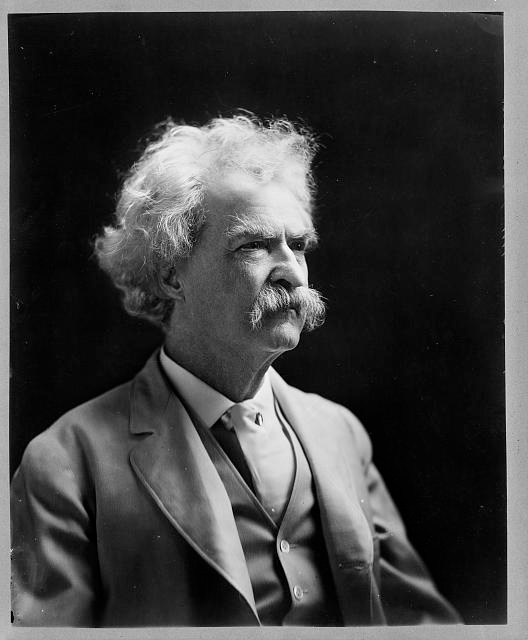Back to the Middle Ages? “Downstairs,” the receptionist said. “In the dungeon.” Armed with shampoo and a towel, I followed his directions across the courtyard and down two flights of stairs. We had booked rooms in a medieval German castle, and this...
It can happen to anybody. Mark Twain had started several new books when it struck in 1878. His solution to writer’s block might surprise you. And the results probably surprised him. Mark Twain in Heidelberg Twain decided a change of scenery would...



Recent Comments